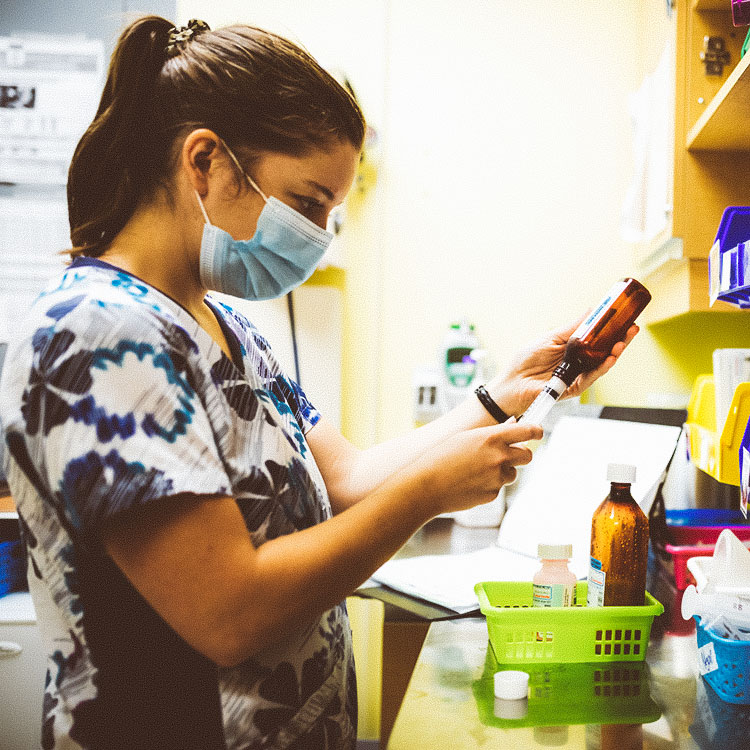Access our services
Le Phare provides an active, comprehensive and holistic approach to care which focuses on relieving all dimensions of suffering experienced by children and families who face a life-threatening condition, throughout the entire span of the child’s life, including death and beyond. All services are free.





